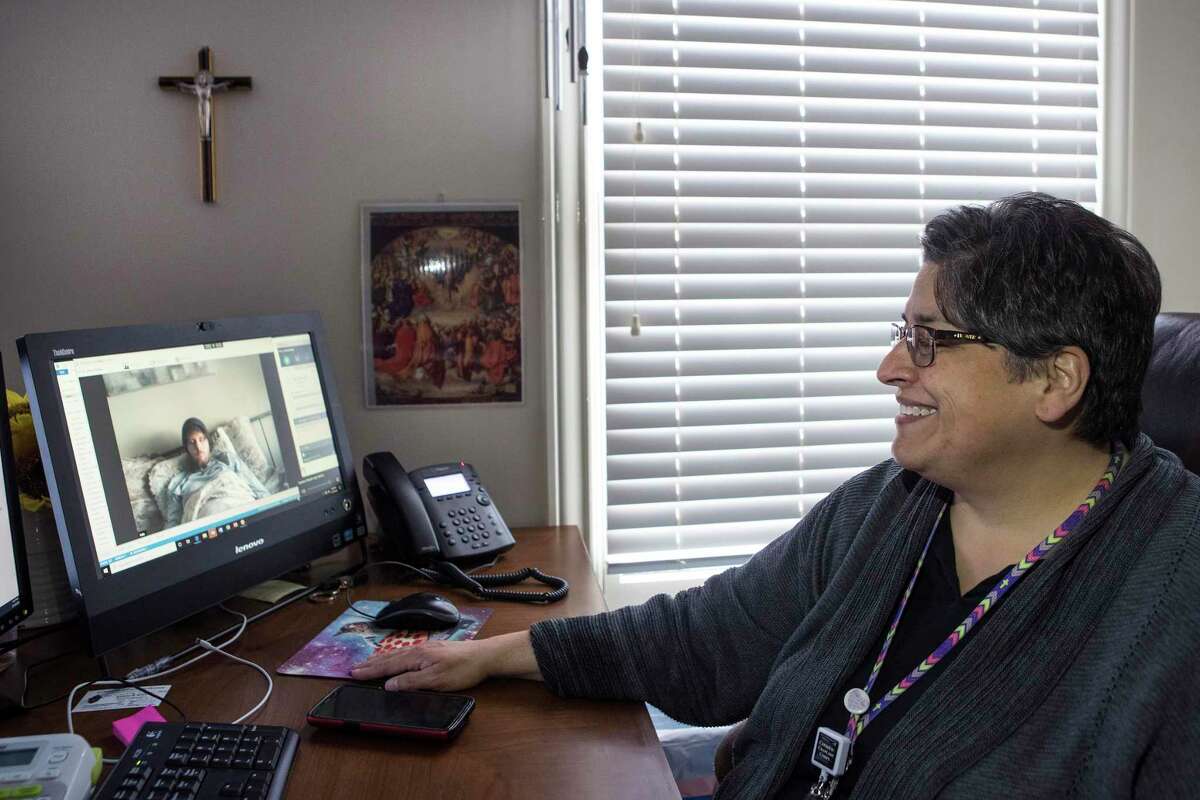
“Helen” is an elderly woman who lives in one of the nicer nursing homes in my area. She had an extremely difficult life growing up, which caused her to deal with addiction and its after-effects for many years. While she has remained a staunch Catholic, the “big book” of Alcoholics Anonymous holds a place in her heart as well. Helen is quite crippled and is in bed most of the time. While this leaves her rather isolated, whenever she is up she becomes quite anxious and often asks to be put back in bed. She is in almost constant pain from arthritis, which aggravates her anxiety, which in turn aggravates her pain. However, she is remarkably pleasant to visit. She treasures her Catholic faith, watching Mass every day and often talking about her faith with me.
On a recent visit, as I was leaving, she called out “thank you so much for coming, dying is very lonely.” This statement struck my heart, as it’s the most direct someone has ever been about their own dying experience.
Continue reading





